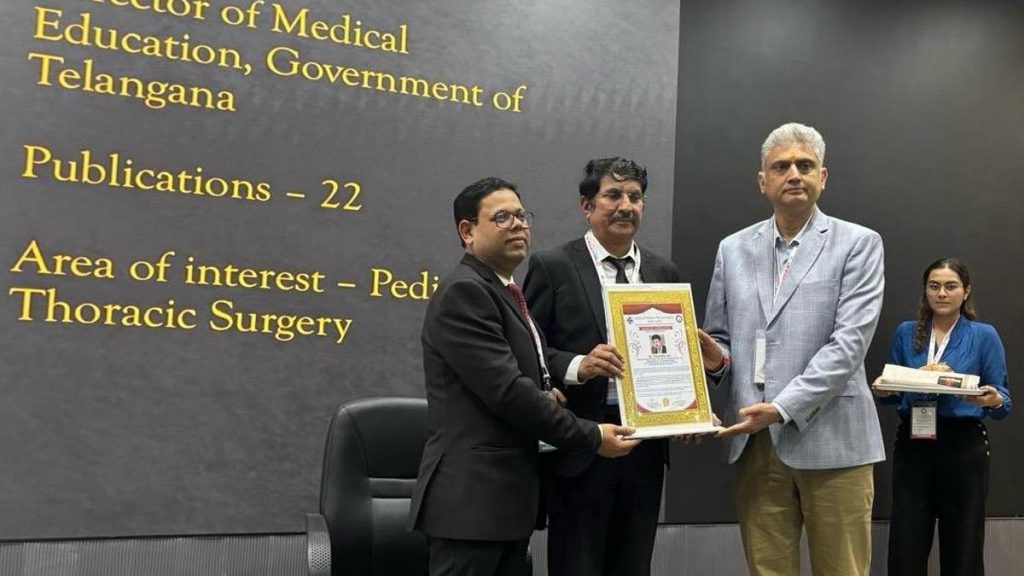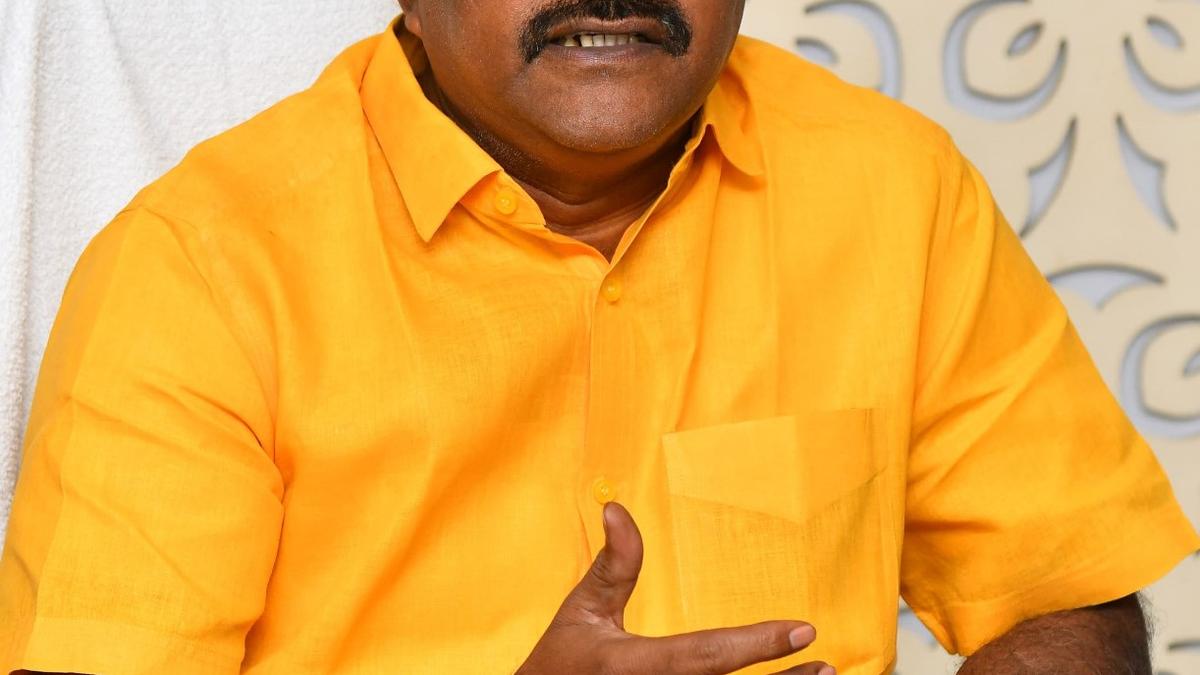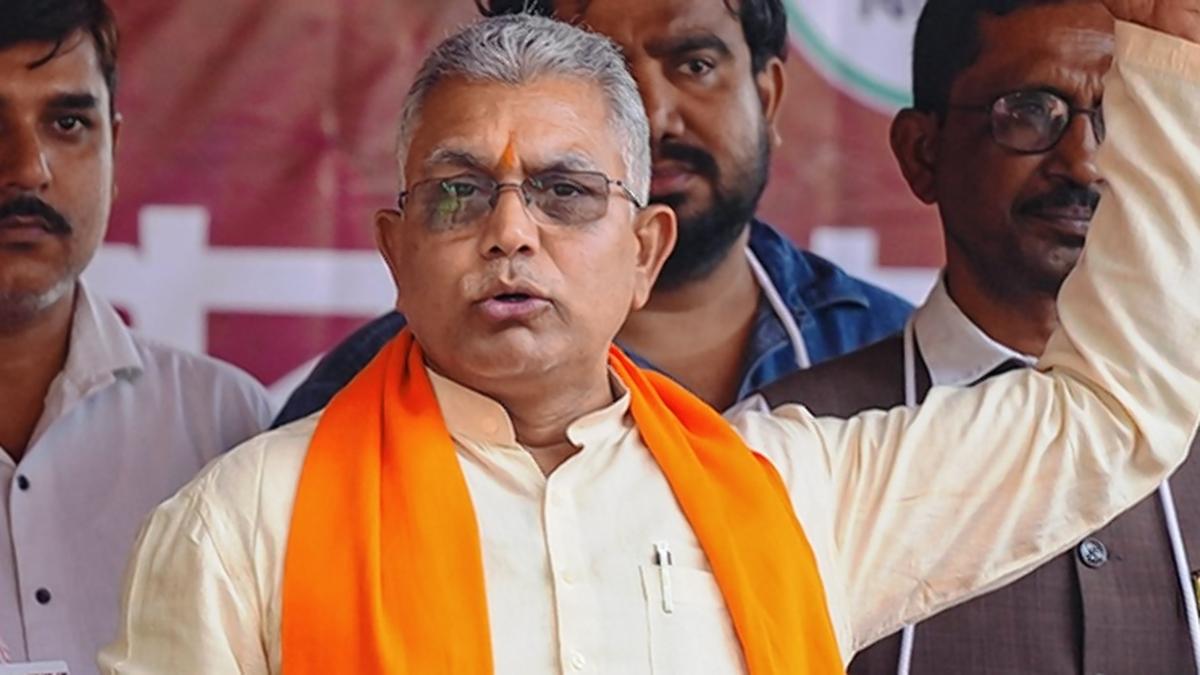Now Reading: Bridge Collapses in Gujarat Spark Safety Concerns
-
01
Bridge Collapses in Gujarat Spark Safety Concerns
Bridge Collapses in Gujarat Spark Safety Concerns
Quick Summary
- A bridge collapse in Vadodara, Gujarat, on July 9 claimed 20 lives and left four injured; one person remains missing.
- The collapsed Mujpur-Ghambira bridge, built in 1985 as a vital link between central Gujarat and Saurashtra, had been flagged for structural integrity issues multiple times.
- Sonalben Ramesh Padhiyar was the sole survivor from her car; she lost her husband, son, daughter, and three relatives.
- Residents had repeatedly raised safety concerns about the bridge with local officials over several years. The structure reportedly developed cracks and shook when heavy vehicles passed over it.
- Four goverment officials from the Roads and Buildings Department were suspended following allegations of negligence. A high-level probe is underway to assess accountability.
- Initial findings suggest that “crushing of the pedestal and articulation” lead to the collapse; further detailed reports are awaited within 30 days.
- Rescue operations by National Disaster Response Force continue as bodies are recovered from Mahisagar river.Local families mourn their loved ones amidst calls for infrastructure improvement.
- Gujarat Chief Minister Bhupendra Patel announced ₹212 crore for constructing a new two-lane bridge parallel to the collapsed structure that will be completed in 18 months. Financial compensation was pledged: ₹2 lakh/₹4 lakh for deceased families and ₹50K for injured persons.
Indian Opinion Analysis
The tragic collapse of Vadodara’s mujpur-Ghambira bridge underscores critical gaps in infrastructure governance within Gujarat. Despite repeated warnings by locals as at least 2017-including flagged risks during formal complaints-the lack of timely intervention reflects systemic negligence toward public safety. While immediate suspension of officials conveys responsiveness post-tragedy, preventive measures appear reactive rather than proactive.
This incident adds to a pattern: six bridges collapsing statewide since 2021 reveal pressing issues with both maintenance protocols and accountability structures across Gujarat’s aging infrastructure network. Although prioritizing inspections post-collapse is commendable (surveying over 2,110 bridges), deeper questions emerge regarding why longstanding concerns went unaddressed until fatalities occurred.The emotional toll on survivors like Sonalben-who now faces economic hardship alongside grief-emphasizes vulnerabilities faced by marginalized citizens when institutional inefficiencies result in disasters. Moving forward, transparent implementation timelines (e.g., rebuilding projects like the ₹212 crore two-lane reconstruction) could restore public trust if paired with structural reforms ensuring greater oversight on engineering standards across future builds.
This tragedy should serve as a wake-up call nationwide regarding sustainable infrastructure development practices beyond political cycles or partisan debates-a long-overdue necessity to prevent repeating these loss-laden mistakes elsewhere.
























